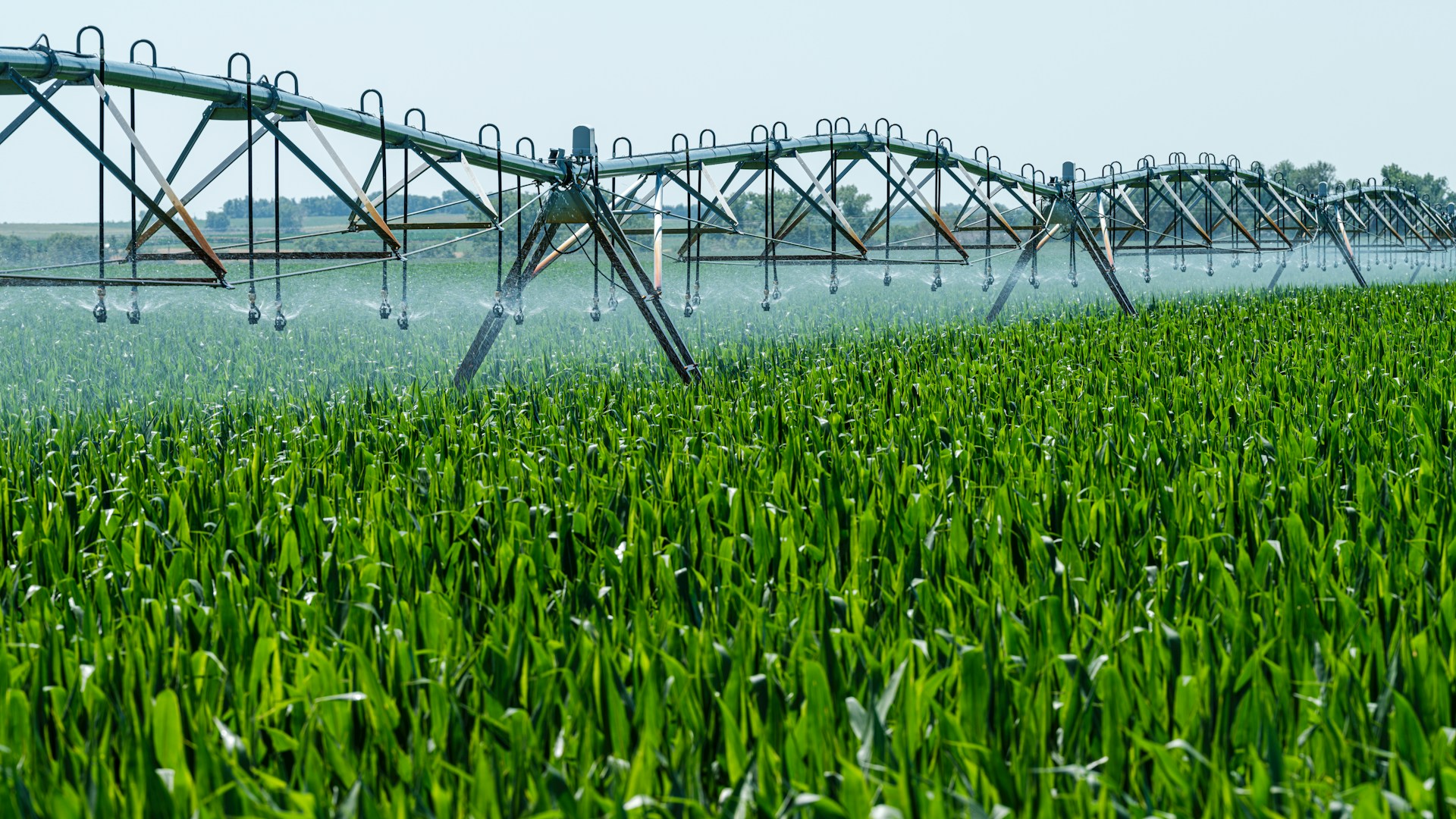How to Integrate Smart Water Management Systems in New Real Estate Developments?

In the modern era, sustainability is no longer a choice but a necessity. The real estate sector is not exempt from this change. As you look ahead, you’ll need to incorporate cutting-edge solutions into your projects to ensure that they are environmentally friendly and efficient. One of the most impactful areas in this regard is water management. In this article, we’ll explore the benefits and process of integrating smart water management systems into new real estate developments.
Understanding Smart Water Management Systems
Before we delve into how to integrate these systems, it’s crucial to understand what they are and how they operate. A smart water management system is a technology-based solution that employs sensors, data, monitoring techniques, and Internet of Things (IoT) devices to manage water consumption in real time. These systems aim to optimize the use of water, promoting both sustainability and cost-effectiveness.
Cela peut vous intéresser : How Can Real Estate Investors Use Big Data to Analyze Tenant Behavior?
Smart water management systems monitor various aspects of water use, such as quality, consumption, and waste. They provide data insights, allowing property managers to make informed decisions about water use. For instance, they can identify leaks in real time, preventing water wastage and costly damage.
The Importance of Smart Water Management Systems in Real Estate
The integration of smart water management systems in the real estate sector is vital in the current scenario. With water becoming an increasingly scarce resource, it is vital to manage it efficiently. These systems not only improve water efficiency, but also reduce operational costs and enhance the value of properties.
Cela peut vous intéresser : What Strategies Can Optimize Energy Consumption in Multi-Unit Residential Properties?
Estate owners and managers can use these systems to monitor water consumption continuously, thereby enabling them to detect any anomalies promptly. This ability to monitor in real time means that any excess usage or leaks can be identified and addressed quickly, preventing wastage and saving money. Furthermore, many prospective tenants and buyers are now looking for properties that incorporate smart technology, making this an attractive feature that can boost the value of your real estate development.
The Integration Process: From Planning to Installation
Implementing a smart water management system in a new real estate development is not an overnight job. It requires careful planning, selection of the right technology, and professional installation.
The process begins with auditing the property to understand its water needs. This involves analyzing the expected water consumption based on the number of units, the types of units (residential, commercial, etc.), and the occupants’ water usage patterns. It’s also essential to understand the local water quality and availability to select the most appropriate system.
Next, the appropriate smart water management system needs to be selected. This decision should be based on the property’s specific needs and the system’s features, such as real-time monitoring capabilities, ease of use, scalability, and compatibility with other building systems.
The last step is the installation of the system, which should be done by professionals to ensure it’s correctly integrated with the property’s existing plumbing and electrical systems. They will install meters and sensors at key points in the water supply network, connect them to the central control unit, and set up the software for data analysis and monitoring.
Maintenance and Data Analysis
Implementing a smart water management system is just the first step. To continue reaping its benefits, regular maintenance and data analysis are crucial.
Maintenance involves regular checks and calibrations of the sensors and meters to ensure their accuracy. It also includes checking for any physical damage that could affect their performance.
Data analysis, on the other hand, involves examining the data gathered by the system to make informed decisions about water use. By analyzing this data, you can identify trends in water usage, detect leaks early, and even predict future water consumption based on historical data. This allows for proactive management of water resources, leading to significant savings in both water and money.
Adopting smart water management systems in new real estate developments can provide significant benefits, from cost savings and increased property value to sustainability and resource conservation. The integration process may require an upfront investment, but the long-term benefits make it a worthwhile endeavor. By undertaking careful planning, selecting the right technology, and ensuring professional installation and maintenance, you can make your property more attractive to buyers and tenants while contributing to water conservation efforts.
The Role of IoT and Smart Water Meters in Leak Detection and Quality Monitoring
Smart water management systems are built around Internet of Things (IoT) devices and smart water meters. IoT has revolutionized water management by allowing devices to communicate with each other, exchanging and analyzing data to manage water consumption. This encompasses everything from monitoring water flow in real time to detecting leaks early on.
Smart water meters are IoT-based devices that measure and record water consumption in real time. They provide precise, real-time data on water usage, facilitating more efficient management of water resources. They are an integral part of a smart water management system, providing the necessary data to analyze and optimize water use.
One of the most beneficial features of a smart water management system is its ability to detect leaks. Using smart water meters and other IoT devices, these systems can detect even the smallest leaks in real time. This can prevent significant water wastage and avoid the costs associated with water damage. Moreover, it allows for prompt intervention, minimizing the impact of any leaks.
Quality monitoring is another important aspect of smart water management. Through continuous monitoring of water quality, these systems can ensure that the water supply meets the necessary standards. This is particularly valuable in regions where water quality can be inconsistent, providing reassurance to property owners and tenants.
The Role of Smart Water Management Systems in Building Smart Cities
In addition to individual real estate developments, smart water management systems also play a crucial role in the development of smart cities. These cities leverage technology and data to enhance the quality of life for their residents, improve sustainability, and streamline municipal services.
Water management is a critical part of building smart cities. Efficient water systems can save significant quantities of water, contributing to sustainability and resilience against water scarcity. By integrating smart water management systems, cities can monitor and manage their water resources more effectively, reducing wastage and ensuring a reliable supply of water.
Moreover, these systems can help cities respond more effectively to water-related emergencies. In the event of a leak, flood, or contamination incident, a smart water management system can provide real-time data, allowing for a rapid and effective response.
Furthermore, these systems can provide valuable data for urban planning and development. For instance, they can provide insights into water usage patterns across the city, helping to inform decisions about infrastructure development and water supply planning.
Conclusion
Smart water management systems represent an effective solution for integrating sustainability into new real estate developments. These systems not only enhance the efficiency of water management but also provide valuable data that can contribute to smarter decision-making about water use. With the capability for real-time monitoring of water flow, leak detection, and quality monitoring, these systems offer a robust approach to managing water resources.
Furthermore, the role of smart water management systems in building smart cities cannot be underestimated. As cities seek to become more sustainable and efficient, these systems provide a crucial tool for managing one of our most precious resources.
For those in the real estate sector, the integration of smart water management systems represents an opportunity to increase property value, enhance sustainability, and contribute to the broader goals of creating smart cities. Given the benefits these systems offer, their integration should be a key consideration in any new real estate development.
